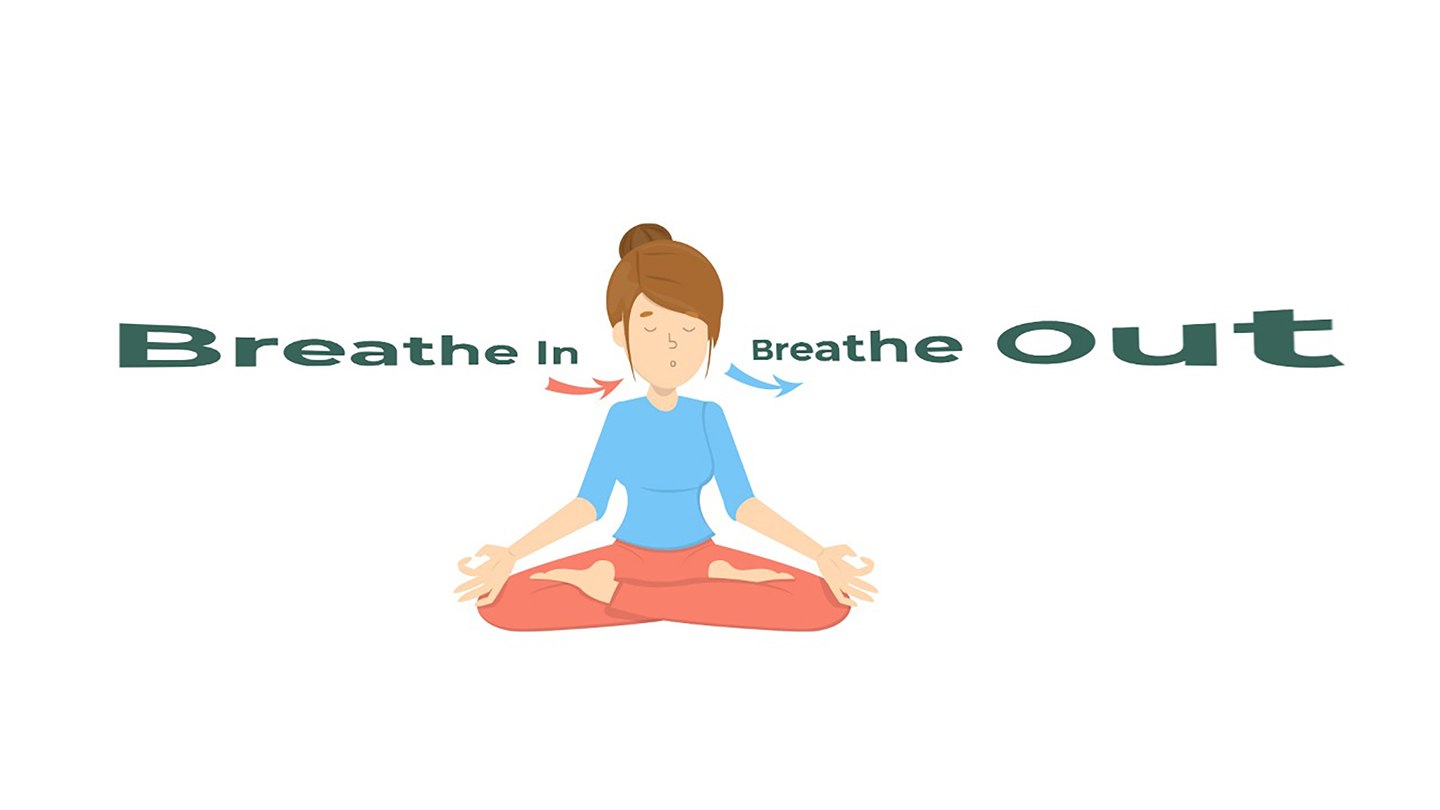Mental Health
Relieve anxiety with the touch of a button
Overwhelmed with covid anxiety? Address your mental health with the resources you have at hand—starting from your phone. Remember, it’s alright to seek help. Thankfully, this is as easy as downloading an app. Here is the list of apps that can improve your mental health

Overwhelmed with covid anxiety? Address your mental health with the resources you have at hand—starting from your phone. Remember, it’s alright to seek help. Thankfully, this is as easy as downloading an app. Here is the list of apps that can improve your mental health:
1. Headspace
Headspace is a meditation app for beginners. Launched by Andy Puddicombe, an author and mindfulness expert, it features calming audio lessons—backed by scientifically-proven methods—to teach and guide meditation. Free trial available on Android and iOS.
2. Calm
Along with mindfulness training, Calm offers stories narrated by celebrities like Matthew McConaughey and Idris Elba, to promote restful sleep. This award-winning app has a mood tracking function and a child-friendly interface. It also provides personalised recommendations along with calm visuals and music. Free trial available on Android and iOS.
3. Dhyana
Dhyana is a smart ring that captures the Heart Rate Variability (HRV), which then calculates the minutes spent being mindful. The app contains mindful meditation classes that are developed based on both ancient and modern practices. Dhyana ring can be paired with Dhyana app and can also work with other apps such as Headspace or Calm. Free trial available on Android and iOS.
4. Bloom: CBT Therapy & Self-Care
Touted as world’s first digital therapist, Bloom app guides users to train their minds using Cognitive Behavioural Therapy. With daily personalised lessons to improve mental health, Bloom purports to be the cheapest and easiest way to get therapy. Free trial available only on iOS.
5. MoodTools - Depression Aid
Designed to help users combat depression and improve mood, the app includes a thought diary, a suicide safety plan, even a PHQ-9 test to see the user’s development. Available on iOS and Android, MoodTools is free to install but contains in-app purchases.
6. TalkLife for Anxiety, Depression and Stress
More than an app, it aims to build a community of empathetic individuals who can be ‘A friend in need’. Free trial available on iOS and Android.
7. What’s Up?
The app utilises some of the best CBT and Acceptance and Commitment therapy methods to help those with depression, anxiety, anger and stress. It identifies negative thinking patterns and suggests ways to cope. It gives one a better perspective of themselves. What more? It has positive quotes, personalised assessments, suitable themes and habit trackers. Free trial available on iOS and Android.
8. MindShift CBT – Anxiety and Panic Relief
MindShift CBT leverages scientific strategies based on CBT. This free self-help app follows evidence-based planning to help a person reduce worry, stress and panic. It also suggests some effective ways to think mindfully. Free trial available on iOS and Android.
9. Youper AI Therapy for Stress and Anxiety
A quick conversation through Youper can help you feel motivated, happy and confident. It supports your mental health by promoting feelings of empathy and compassion. The app uses therapy exercises to improve well-being. Free trial available on iOS and Android.
10. PTSD Coach
Created for veterans, PTSD Coach aids those who have, or may have, post traumatic stress disorder (PTSD). This app educates and creates awareness about PTSD, offers professional care, opportunities to find support, and tools to manage everyday stress with PTSD. Free trial available on iOS and Android.
EXPLORE MORE
AI saves time, but it’s quietly draining our attention and our ability to think critically. Here’s how to regain focus without unplugging from modern life.
Every child worries as they grow up. But when anxiety starts shaping their behaviour, body, and confidence, parents need to pause and look closer. A psychologist explains how to spot the difference early.
Unloading your frustration can feel cathartic, but repeated venting may do more harm than good when it comes to emotional regulation.
Here’s a simple guide to different therapy styles and how to choose the one that fits your mind, mood, and moment.






.jpg)

.jpg)

